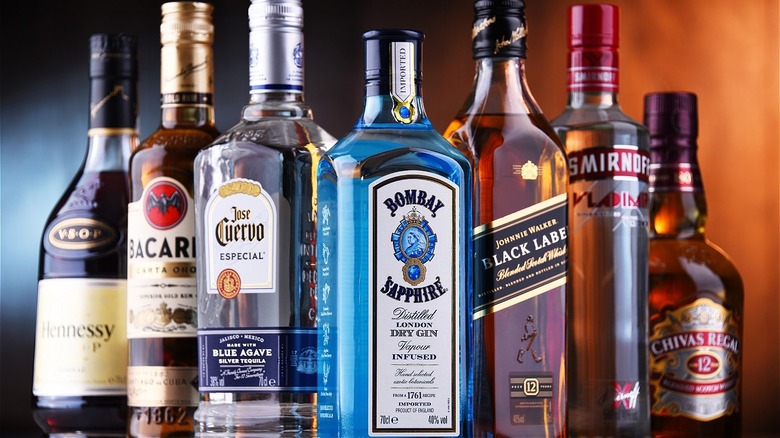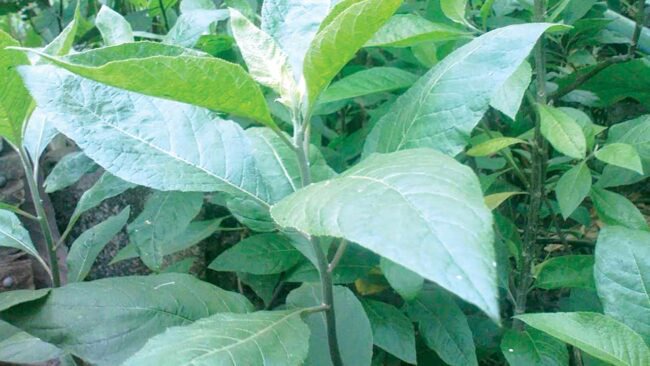
New research has shown people are unaware of the link between oral sex and different forms of cancer, via the virus HPV. The NHS says the vast majority of sexually active people will be infected with HPV at some point in their lives.
What seems like a harmless and fun act may be less risk-free than you thought. There are countless things linked with developing cancer, many of which are common knowledge. But one factor appears to have slipped under the radar: oral sex.
A growing link between oral sex and different cancers has been noted in research – it comes via HPV, a very common STI, which can cause cancer.
According to the NHS, nearly all sexually active people become infected with HPV. But the new research, which will be shown on Tuesday at the American Association for Cancer Research’s annual meeting, suggests only two-thirds have heard of HPV.
The research tested the knowledge of 2,000 US adults about how HPV links to cancer, over a six year period. Only 70.2 per cent of those who had heard of HPV were aware it is linked with cervical cancer – a 7.4 per cent drop from 2014. Just 30 per cent know it could cause throat or anal cancer.
HPV16 and HPV18 are the two strains which are behind most HPV-related cancers, including: vulva , vagina , penis , anal, head and throat cancer.
Oropharyngeal cancer has seen a sharp spike in the past two decades – research shows that those with six or more oral sex partners are 8.5 times more likely to develop the cancer than those who avoid oral sex.
Here are the symptoms of oropharyngeal cancer:
Ulcers that don’t heal
Pain in your mouth
Red or white patches in your mouth or throat
Difficulty swallowing
Speech problems
A lump in your neck
Weight loss
Bad breath
These are very common symptoms most likely to be caused by another condition, but Cancer Research states it is nonetheless important to get them checked by a doctor or dentist.
Smoking, drinking alcohol, and chewing tobacco all also boost your risk of developing oropharyngeal cancer – as can not eating enough fruit and veg.
To reduce the spread of HPV, girls are offered jabs between Year 8 – Year 10. Boys were only added to the programme in 2019.
But HPV vaccine coverage dropped by 7 per cent in Year 8 girls and 8.7 per cent in Year 8 boys in 2021/2022 compared to the previous school year, according to government statistics




